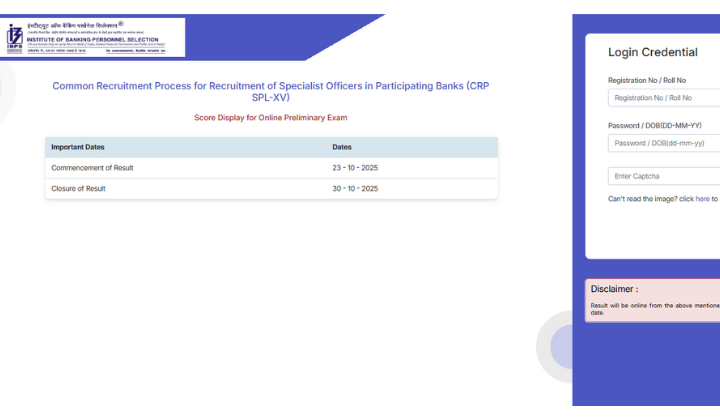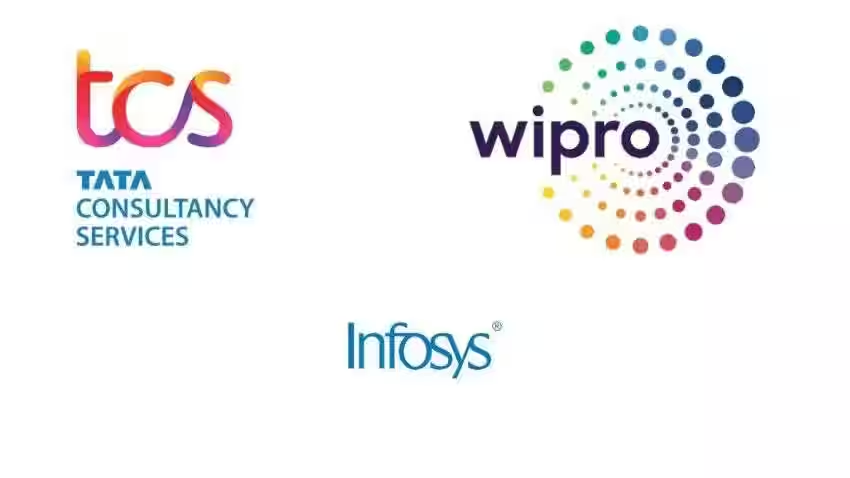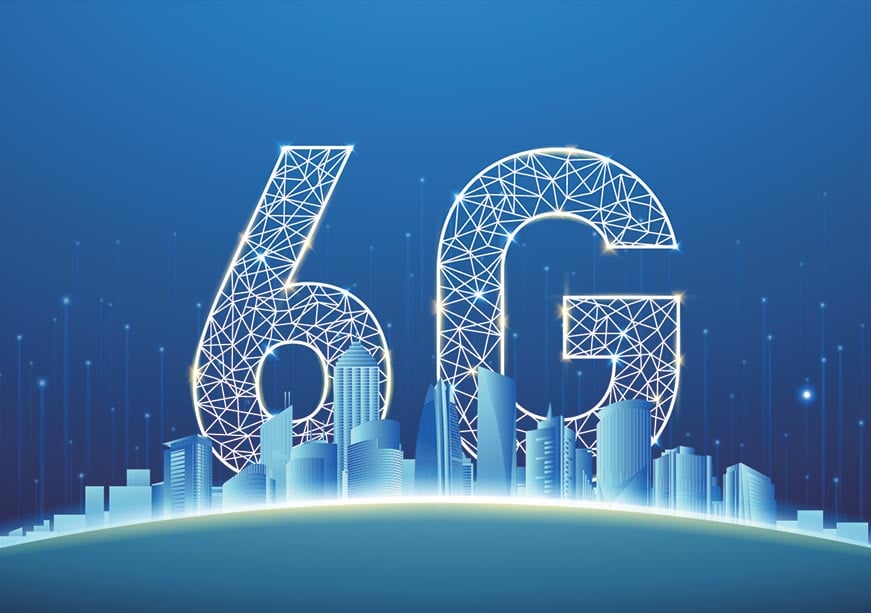Now Reading: India Inc on the Move 2025: AI-Powered Innovation to Lead Smart and Sustainable Manufacturing
-
01
India Inc on the Move 2025: AI-Powered Innovation to Lead Smart and Sustainable Manufacturing
India Inc on the Move 2025: AI-Powered Innovation to Lead Smart and Sustainable Manufacturing

As India steps into a new era of industrial development, artificial intelligence (AI) is emerging as the cornerstone of smart and sustainable manufacturing. The year 2025 is expected to witness a deeper integration of AI tools across sectors, reshaping traditional practices, improving efficiency, and enabling environmentally conscious production. From metro factories to small units in Tier 2 cities, India Inc is gearing up for a tech-driven transformation.
AI Integration: Not Just for Big Enterprises
AI adoption is no longer limited to large corporations. Small and medium enterprises (SMEs), especially in cities like Coimbatore, Indore, and Ludhiana, are exploring AI-powered systems to improve productivity.
With user-friendly software, predictive maintenance tools, and cloud-based analytics becoming more accessible, local manufacturers are finding new ways to streamline operations and cut down waste.
This democratization of technology is helping bridge the gap between large enterprises and grassroots manufacturers.
Smart Manufacturing for a Sustainable Future
Environmental sustainability has become a non-negotiable priority. AI is helping manufacturers monitor emissions, reduce energy consumption, and optimize supply chains.
For example, AI-driven systems can now predict raw material demand with higher accuracy, helping reduce excess production and inventory storage.
This aligns with India’s larger climate goals, especially under initiatives like “Make in India” and “Mission LiFE,” which promote green growth without compromising on output.
Tier 2 Cities at the Forefront
Manufacturing hubs in Tier 2 and Tier 3 cities are increasingly being recognized as growth engines. With the support of government schemes and private sector training, workers in these regions are being upskilled to operate AI-assisted machinery.
Cities such as Rajkot, Aurangabad, and Jamshedpur are becoming case studies in how regional industries can adopt global best practices with local adaptations.
Access to affordable AI tools and regional language support is also playing a crucial role in wider acceptance.
Challenges and the Road Ahead
Despite the enthusiasm, the road to full-scale AI adoption is not without challenges. High initial investment, lack of skilled manpower, and cybersecurity concerns are among the hurdles faced by smaller manufacturers.
Experts suggest that public-private partnerships, vocational training programs, and AI-focused incubators can address these issues effectively over time.
The coming years will also demand stronger data governance frameworks to ensure ethical and secure AI deployment across industries.
Conclusion
India’s journey towards smart and sustainable manufacturing is being powered by AI, with 2025 set to mark a significant turning point. As innovation moves beyond boardrooms and reaches factory floors—even in non-metro cities—the potential for inclusive industrial growth is immense. With the right mix of policy support, industry collaboration, and upskilling, India Inc is well-positioned to become a global leader in next-generation manufacturing.
























